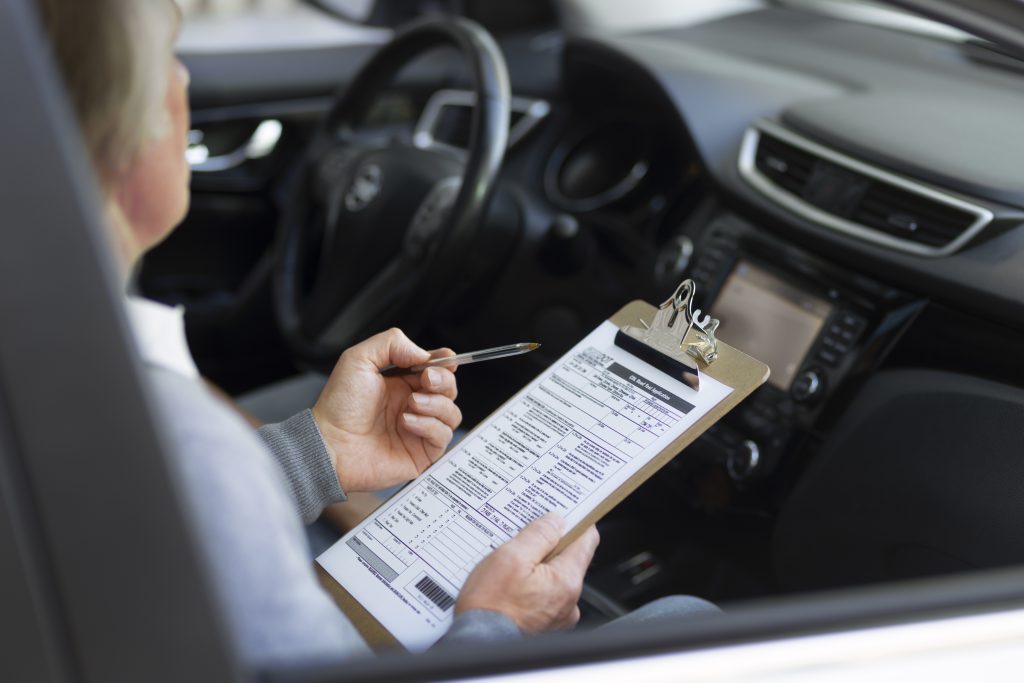Collision Car Insurance
Your Guide to Repair and Replacement Coverage

Collision car insurance is a financial safety net for drivers. It safeguards you from the burden of paying for repairs or replacements to your car if it’s damaged in an accident. Let’s delve into the details of collision coverage to understand its nitty-gritty and how it benefits you on the road.

What Does Collision Insurance Cover?
Collision insurance kicks in when your car sustains damage due to:
- A collision with another vehicle: This includes both moving and parked cars.
- Running into an object: Say goodbye to the worry of covering repairs if you accidentally bump into a mailbox, fence, or even a rogue shopping cart.
- Flipping over: Even single-car accidents involving rollovers are covered.
Key Points to Remember:
- Collision coverage is optional, unlike liability insurance: Most states mandate liability insurance to drive legally. Collision coverage, however, is an add-on to your base policy that you can choose to purchase.
- It covers repairs, minus your deductible: Collision insurance isn’t a magic solution. You’ll have a deductible, which is a fixed amount you pay upfront before the insurance company steps in to cover the remaining repair costs. Choosing a higher deductible lowers your premium, but you’ll shoulder a bigger out-of-pocket expense in case of a claim.
Why Do You Need Collision Coverage?
While not mandatory, collision insurance is a wise investment for several reasons:
- Financially protects your car: Repairing collision damage can be expensive. Collision coverage ensures you’re not left paying a hefty bill if your car gets banged up.
- Lenders often require it: If you’re leasing or financing your car, your lender will likely require you to carry collision coverage until the loan is paid off. This protects their investment in the vehicle.
- Peace of mind: Collision insurance offers valuable peace of mind, knowing you’re covered in case of an accident, regardless of fault.
Factors Affecting Collision Insurance Costs:
The premium you pay for collision coverage depends on several factors, including:

The value of your car:
Newer and more expensive cars naturally cost more to insure.

Your driving record:
A clean driving history with no accidents translates to lower premiums.

Your deductible:
Opting for a higher deductible reduces your premium but increases your out-of-pocket expense in case of a claim.

Your location:
Collision rates can vary depending on your area’s accident statistics.
Collision vs. Comprehensive Coverage:
Collision insurance is often paired with comprehensive coverage for well-rounded protection. While collision focuses on accidents, comprehensive coverage kicks in for damage caused by non-collision events such as theft, vandalism, fire, weather events, and animal collisions.
The Takeaway
Collision car insurance offers valuable protection for your car in the event of an accident. By understanding the coverage details, cost factors, and its role alongside comprehensive insurance, you can make informed decisions to safeguard your vehicle and your finances on the road.